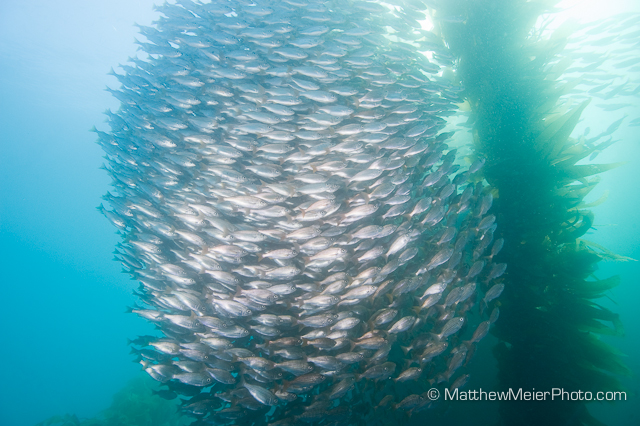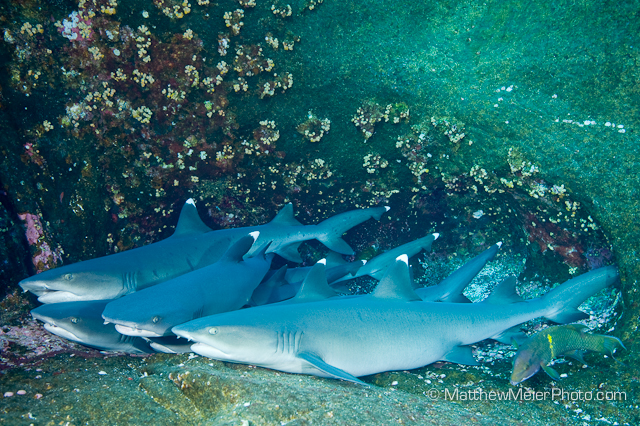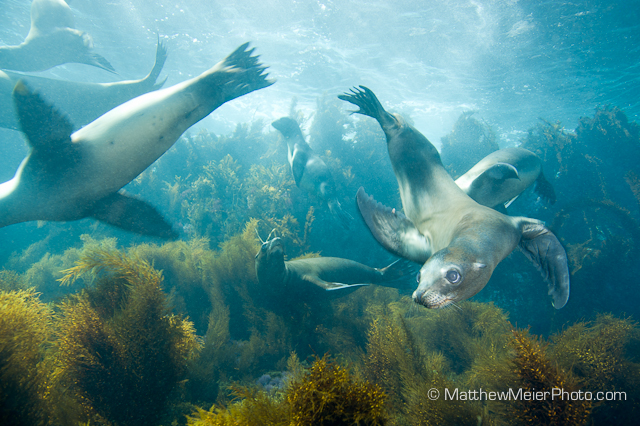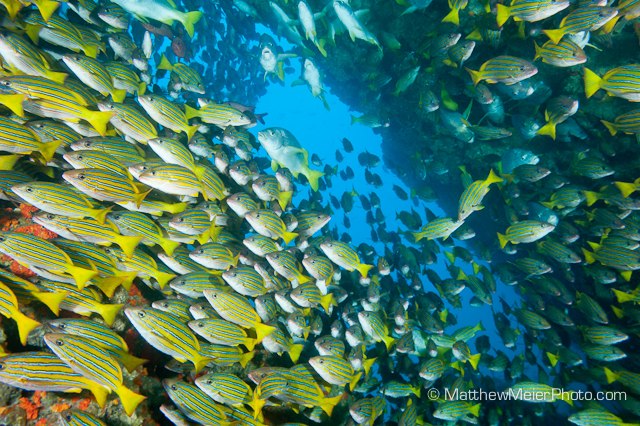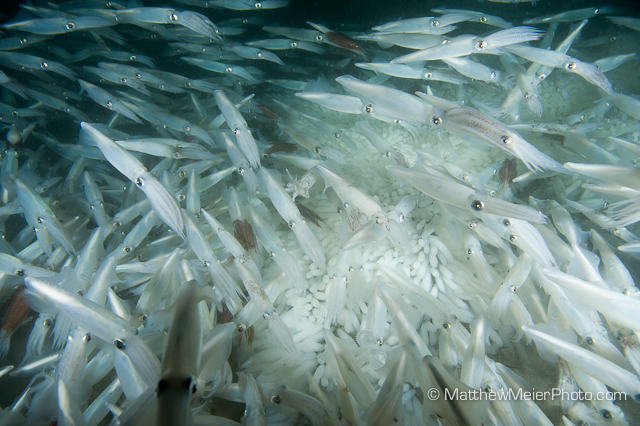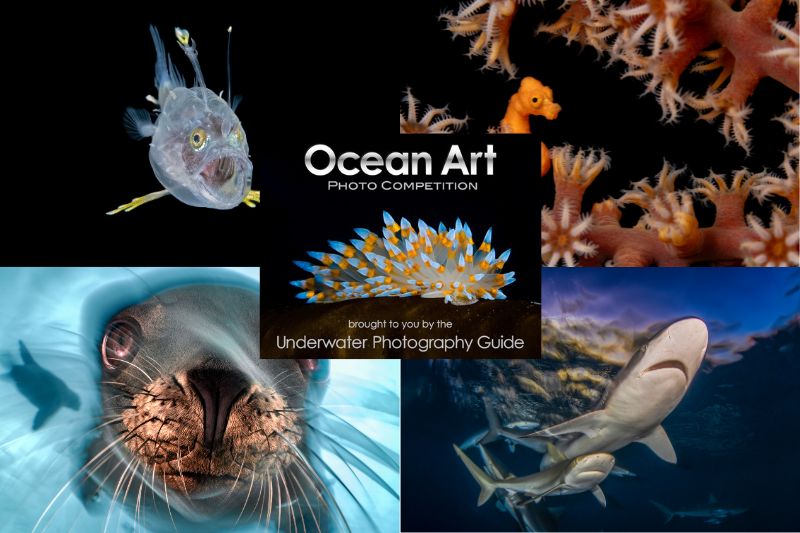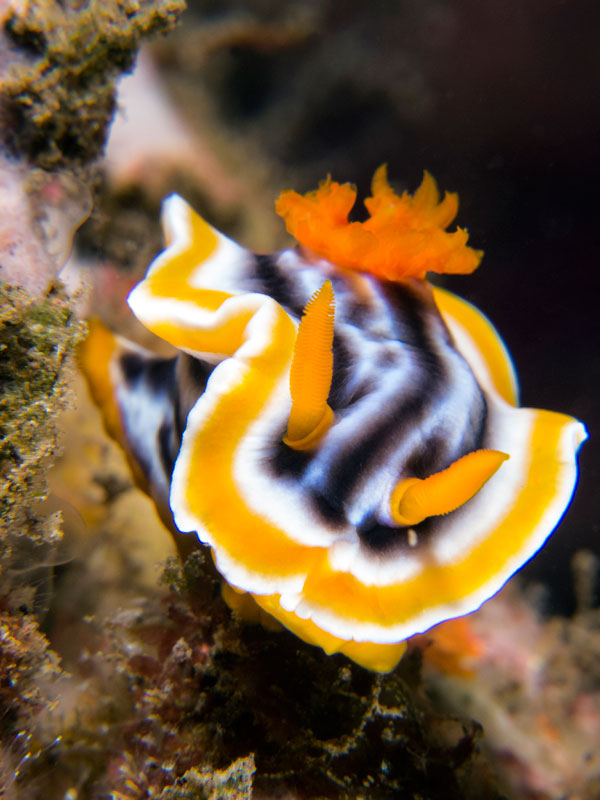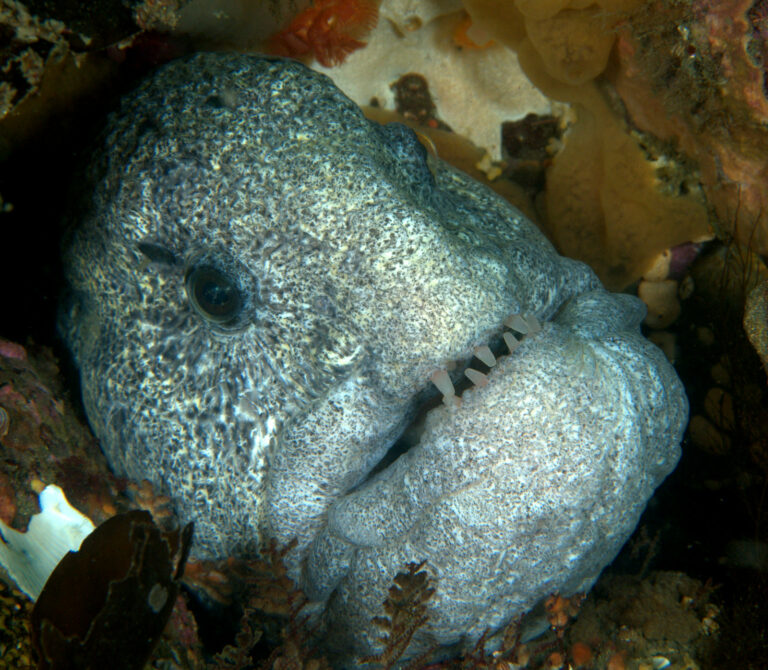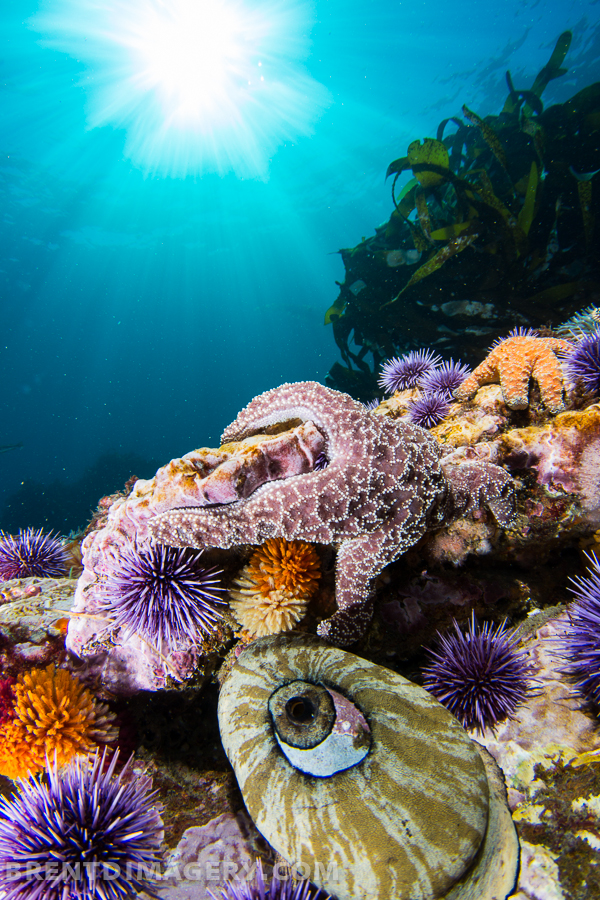Shooting Underwater with Big Cameras, Wide Lenses and Large, Powerful Strobes

Shooting Underwater with Big Cameras, Wide Lenses and Large, Powerful Strobes
By Matthew Meier
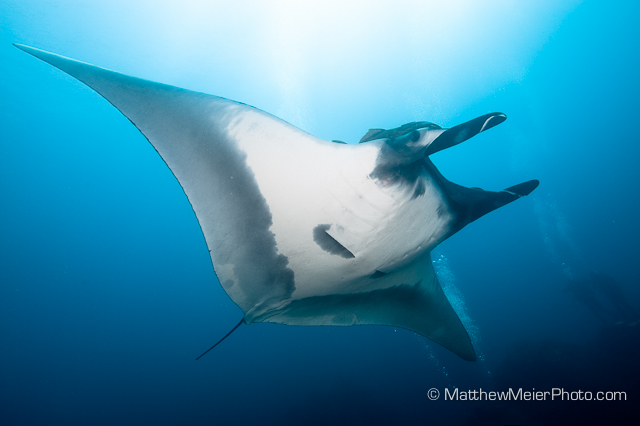
If you have been thinking of upgrading your underwater system or simply want to jump straight into the deep end, here are a few pros and cons for shooting with a Professional Level, Full Size, Full Frame DSLR, Wide Angle Zoom Lenses and Large, Powerful Strobes.
The observations listed here are based on my experience with a Nikon D3 and 17-35 mm f/2.8 lens, along with Sea & Sea YS-250 strobes, yet many thoughts will hold true for camera equipment by Canon, Fuji, Hasselblad, etc.
Advantages of high-end full-frame dSLR
Full size, full frame DSLR cameras have several advantages that go far beyond the envious comments that inevitably spring forth from your neighbor, as you begin to assemble your underwater rig on a dive boat. For starters, these cameras are the flagship model for a particular camera company and as such are equipped with the greatest number of features and custom functions, thereby allowing the most creative freedom for you, the photographer.
The large body size denotes a large, robust battery, which equates to a long battery life and a high frame rate when shooting continuously. The viewfinders are expansive and bright, with 100% coverage for easy composing, which is especially important when looking through a mask, then a housing and finally the camera. The larger individual pixels in the full frame sensors perform better in low light and generate less noise at higher ISO’s, both of which are an advantage underwater. Utilizing the most advanced focusing systems on the market; these cameras also provide incredibly fast and accurate autofocus capabilities, in multiple focusing modes.
The downside of these full size camera bodies is that they are big, heavy and expensive. They require a larger housing, which equates to additional expense, plus more weight and bulk to carry on land, underwater and through airport security. As checked bag fees continue to rise and weight limits become more restrictive, this is a serious consideration. Also, when diving, these larger housings are harder to push through the water, especially in current.
Full-frame lenses for underwater
Professional level, wide-angle zoom lenses allow for a wide range of subject options, combined with the benefit of a fast, fixed aperture and close focus capabilities. The small aperture makes for a brighter image in the viewfinder and allows for faster focusing, especially in low light and low contrast scenarios. The constant aperture maintains those benefits throughout the entire zoom range. The ability to focus within inches of the dome port, at such a wide angle, makes these lens perfect for CFWA (Close Focus Wide Angle) shots, forced perspective shots and of course shots of large pelagic critters and reef scenes.
The downside of these lenses is the same as with the camera bodies, in that they are large, heavy and expensive. Requiring long extension tubes for your dome port and perhaps added floatation to maintain neutral buoyancy.
Big, powerful strobes
Powerful strobes like the Sea & Sea YS-250’s are a must if you want a balanced foreground exposure while looking up into the sun. To go along with that power, the strobes also have a wide beam angle for excellent coverage and a fast recycle time, which is powered by a large, rechargeable battery. To precisely control exposure, the strobes have an incremental power adjustment dial. The immense power generated by these strobes however, is more than is needed for most other shooting scenarios and so they will most often be used at ½ or even ¼ power. This is an added bonus as it allows for even faster recycling times and extends the battery life greatly. In my experience, I can easily get 4 dives a day out of a single charge.
Here again the negatives are size, weight and cost. These large strobes are harder to push through the water and take up more space when traveling. The weight of these strobes adds to your luggage totals and makes your entire rig heavier and harder to maneuver. Financially, the initial cost is greater than other strobes and you will likely pay more for replacement parts and batteries as well.
Newer strobes on the market boast a similar power output capacity with a much smaller size and weight. However, they are typically powered by AA batteries and as such, have a much slower recycle time and drastically shorter battery life.
While debating your next camera, lens and strobe purchase, I hope the above points are of help in your decision making process.
Publisher's notes
Shooting a full-frame camera underwater is truly a joy. You will get the optimal speed, color, image quality, and a complete lack of noise. However, the housings can be quite big. Unless you already own a Canon 1DX or a Nikon D4, I'd highly consider looking into the smaller Canon 5D Mark III or a NIkon D800.
For shooting action, nothing can quite keep up with the Ikelite DS-160, or the king of strobes, the Sea & Sea Ys-250. Sometimes bigger is better.
Lenses like the Sigma 15mm fisheye, Canon 100mm macro lens, and Nikon 105mm VR are a joy to use on a full-frame camera underwater. Once you go under with a big camera, big strobe and big lens, you may never turn back! – Scott Gietler
About the Author
Matthew Meier is a professional photographer living in San Diego, CA. His work is available as fine art prints and for commercial license. To view more of Matthew’s work, please visit his website.
http://www.matthewmeierphoto.com
Further Reading
Where to Buy
Please support the Underwater Photography Guide by purchasing your underwater photography gear through our sister site, Bluewater Photo & Video. Click, or call them at (310) 633-5052 for expert advice!
